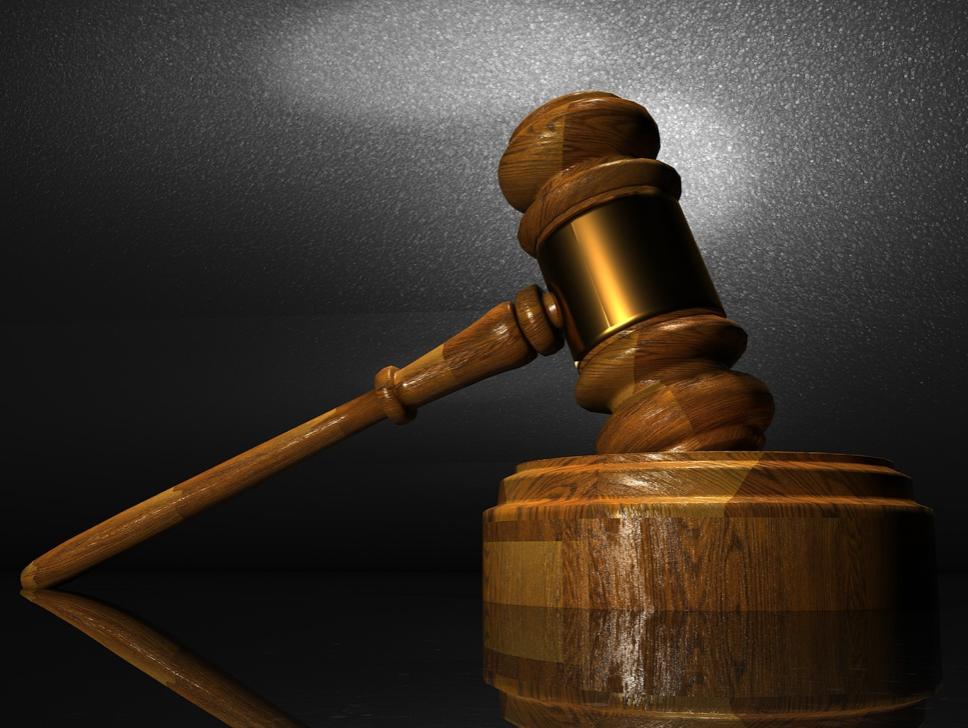Even though you generally have two years to file your personal injury lawsuit, start filing it after you take care of medical treatment for your injuries.
When you suffer injuries from a preventable accident, filing a personal injury lawsuit is the next course of action. You’re likely exhausted from the situation and in a great deal of pain. No matter how your accident occurred, if it was because someone else was negligent, you have a valid claim.
Even though it might be a valid reason to file a lawsuit in Indiana, you should never sit back and wait for time to pass you by. When it comes to personal injury lawsuits, you don’t have all the time in the world to file.
Filing before the statute of limitations expires is crucial for personal injury lawsuits. Timely filing will mean you’ll be closer to receiving compensation for your losses related to the accident—from medical bills and lost income to your pain and suffering and mental anguish. Here is what you should know about Indiana’s statute of limitations.
Filing by the Deadline
As referenced by this injury firm, Indiana’s statute of limitations for personal injury lawsuits is two years from the injury date. If you’re unable to come to an agreeable settlement on the matter, you will have to file your lawsuit within this timeframe.
There are some exceptions, such as medical malpractice. In these cases, the statute will be two years from the date that the cause of action either occurred, was discovered, or should have been discovered in the course of diligence. For victims under the age of 6, the claim needs to be filed by their 8th birthday.
If you’re suing a city or county, you will have to take action more quickly. You’ll only have 180 days to file your torts claim notice. Suing a state agency requires that you file within 270 days. Another exception is made for minor victims as the clock doesn’t start ticking until their 18th birthday.
Why You Don’t Want to Wait Too Long to File in Indiana
It may seem like you have plenty of time to file your personal injury lawsuit. However, personal injury attorneys will advise you to set everything in motion as soon as possible.
The reasoning for this is because of the evidence. In personal injury cases, it is the injury victim who is tasked with proving that the other party was negligent in their actions, leading to their injuries and damages. Consider the factors of a car accident. After a crash, you should take photos and videos of the scene to preserve the evidence. Skid marks on the road as well as footage from traffic cameras or nearby business surveillance cameras can all show who was at fault.
The longer you wait, the more likely it is that this evidence will disappear. If there’s not enough evidence to back up your claim, you could lose out on the compensation you deserve.
Additionally, witnesses are harder to find over time. They may forget what they saw, move away, or even pass away before they can provide those vital details in your case.
Even though you generally have two years to file your personal injury lawsuit, start filing it after you take care of medical treatment for your injuries. This will ensure that your case doesn’t hit any roadblocks and has the best chance for success.
How to Ensure You Don’t Miss the Filing Deadline

Whether you were injured in a motor vehicle accident, a slip and fall, during surgery, or in some other way, you want to be sure you file your lawsuit with plenty of time. The best way to avoid missing crucial deadlines is to work with an attorney.
Ideally, find a personal injury attorney who specializes in representing injury victims in cases similar to yours. They will have more detailed knowledge of how to prepare your case. Once you find an experienced attorney, you can take the time you need to heal from your injuries. Your attorney will begin gathering evidence, speaking with expert witnesses, and contacting any eyewitnesses who saw what happened.
Additionally, they will file all the necessary items at the right time. You’ll have one less thing to worry about with someone advocating for your legal rights. By choosing an attorney, you won’t have to worry about settling for less than you deserve—or worse, being denied the compensation you should get for your damages.


Join the conversation!